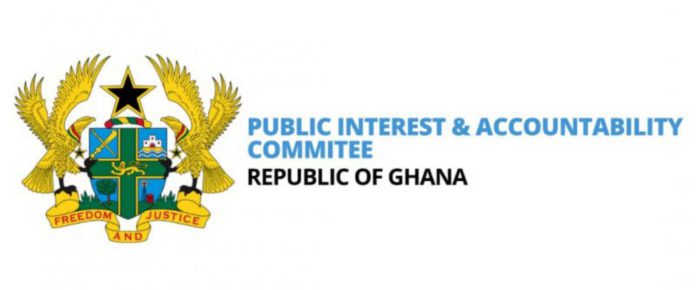
The Public Interest and Accountability Committee (PIAC) is warning about the threat the energy transition poses to the survival of National Oil Companies (NOCs) such as the Ghana National Petroleum Corporation (GNPC).
According to PIAC, it could reduce the demand and value of their core products, expose them to environmental, social, and governance (ESG) risks and liabilities, and undermine their competitive advantage and market share.
In a report titled “The Role of GNPC in the Upstream Petroleum Industry: Challenges and Prospects”, PIAC, said the making of an effective National Oil Companies amid the energy transition is a complex and challenging task that requires strategic vision, innovation, and adaptation.
“NOCs are facing unprecedented pressures from the energy transition, which is the long-term shift away from fossil fuels towards cleaner and more sustainable sources of energy. The energy transition is driven by various factors, such as the growing awareness of climate change and its impacts, the increasing demand for energy access and security, the declining costs and improving performance of renewable technologies, and the changing consumer preferences and social expectations. The energy transition poses an existential threat to NOCs, as it could reduce the demand and value of their core products, expose them to environmental, social, and governance (ESG) risks and liabilities, and undermine their competitive advantage and market share”.
To survive and thrive in the transition, the report urged the companies to rethink their strategies and business models and explore new opportunities and markets.
PIAC calls for review of GNPC
PIAC continued that the Law that established GNPC is almost 40 years old. The law, it mentioned, was established at a time when there was no petroleum activity and GNPC was used as a special purpose vehicle to begin prospecting for economic activities in the industry.
The industry has in the last 40 years evolved into a thriving one with three production fields as well as new fields coming on stream and others.
PIAC therefore called for a review and amendment of the law to reflect the current role and international best practices of the industry.
It added that the review is critical to direct and allow the National Oil Companies to be able to operate efficiently and effectively within the sector.
GNPC set up as commercial paper
GNPC was set up with the main mandate of being a commercial player while interacting with different categories of stakeholders. However, in practice, it also performed de facto regulatory and managerial functions under the supervision of the Ministry of Energy.
After the establishment of the Petroleum Commission in 2011, these managerial and regulatory functions were transferred from the GNPC to the Commission. The Commission and the Ministry of Energy currently handle all matters relating to policies, granting of licenses and permits, local content and participation, and compliance monitoring. Therefore, GNPC’s sole focus is now acting as the Ghanaian State’s representative in all Petroleum Agreements (PAs) and engaging in other joint ventures.
ALSO READ:
Retract and apologize or else – Prof Opoku Agyemang’s family give Wontumi one week ultimatum [Video]
See what happened when Napo arrived at John Kumah’s one-week observation [Watch]
Mother who claims her baby died as a result of ‘dumsor’ speaks [Listen]

